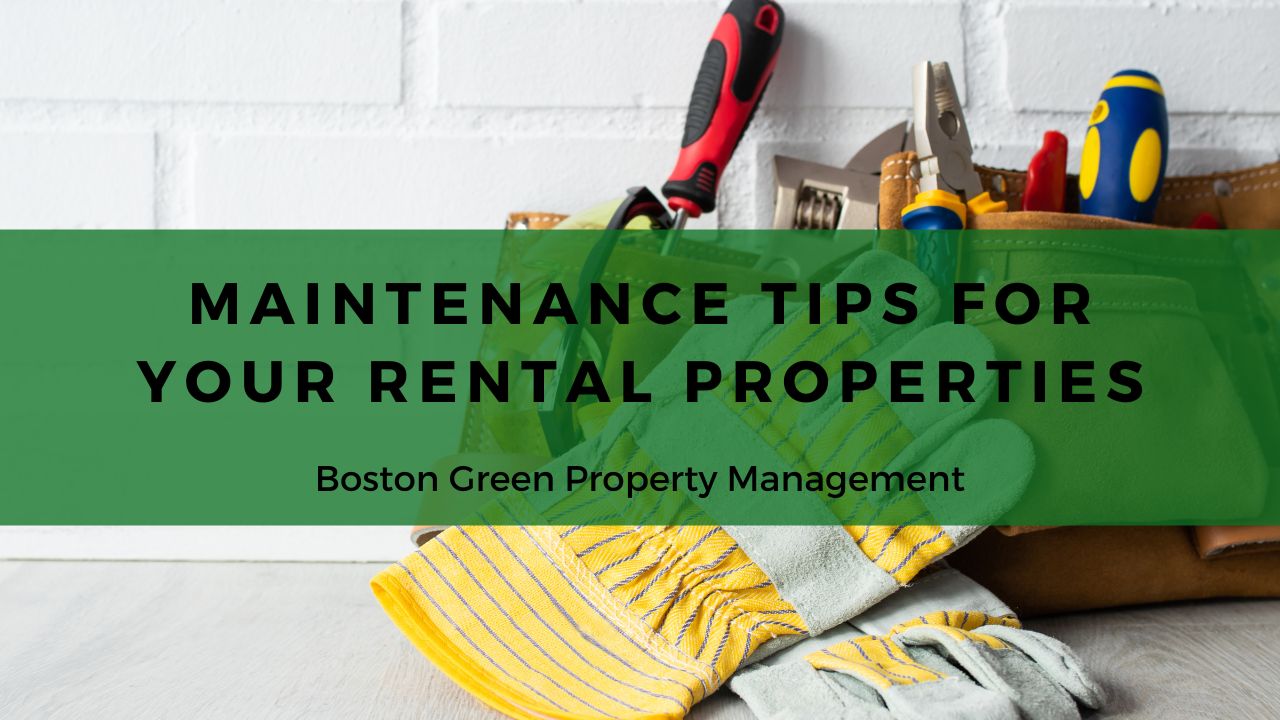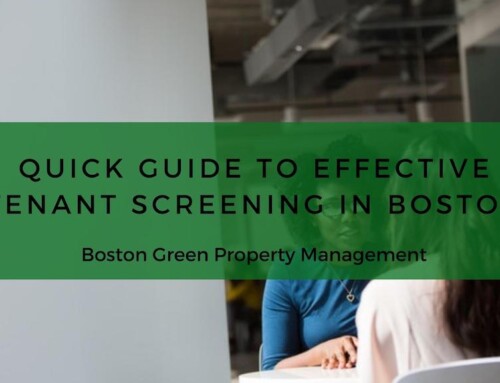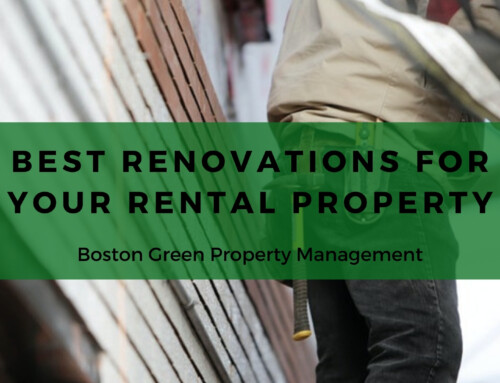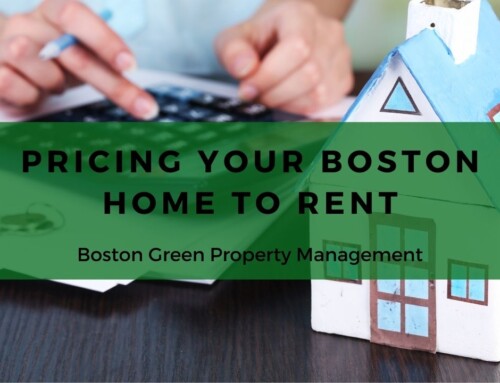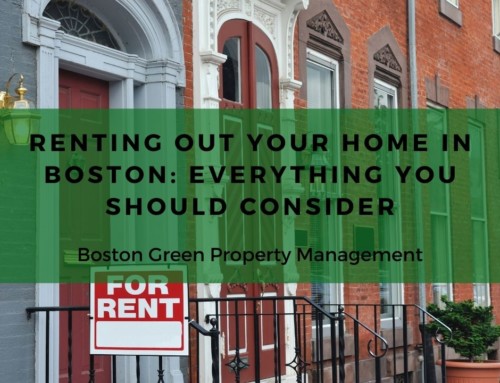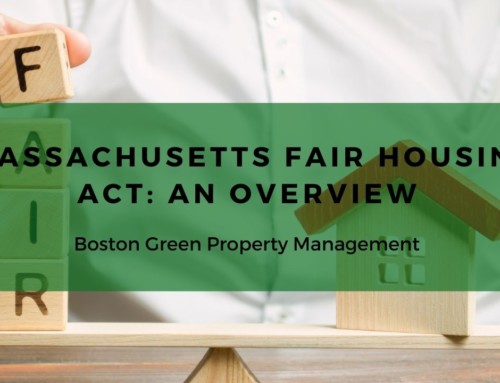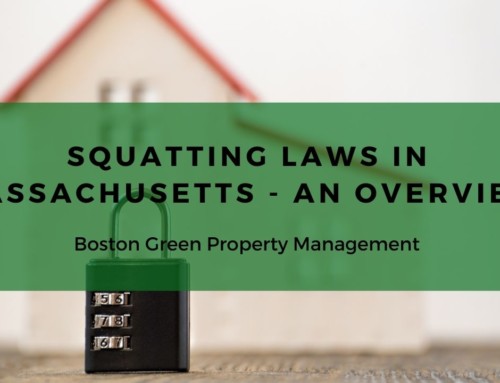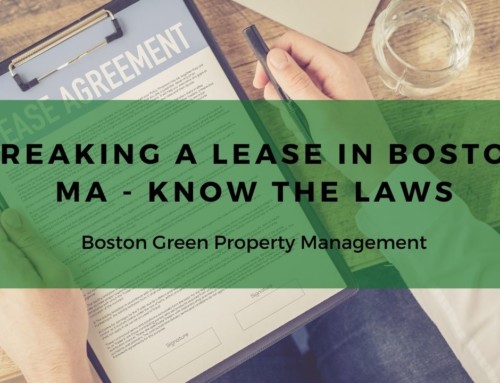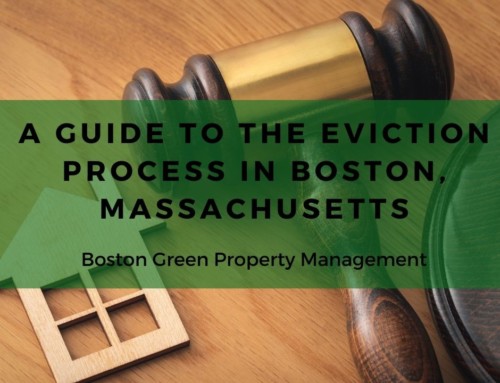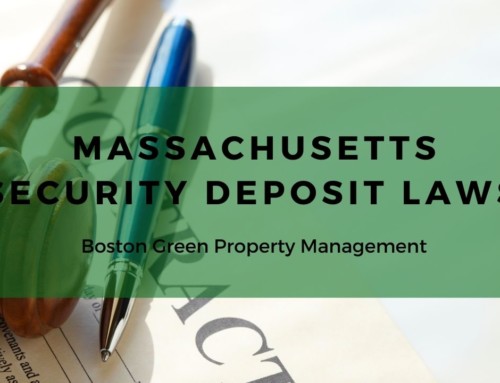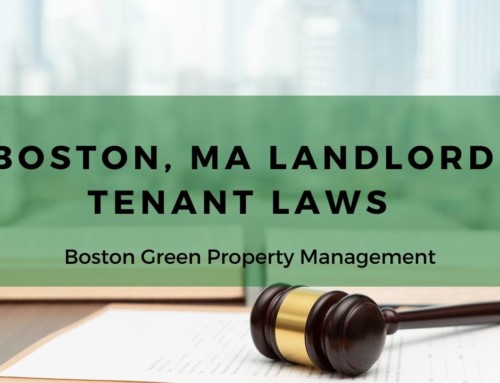It can be daunting to deal with the maintenance of rental properties. This is understandable since rental homes may contain multiple units and tenants. However, this is a necessity given that regular maintenance is required to ensure your rental property is in peak shape.
Property Maintenance Obligations of a Landlord
Under landlord-tenant law, property owners must fulfill their responsibility to maintain their rental in a top-notch condition. Each state may have slight variations in its terms but in general, landlords are expected to perform the following tasks:
Provide Garbage Bins
When tenants are occupying a rental unit, garbage is expected to accumulate. To manage this, landlords are expected to have trash receptacles in place. The size of the container and the number of bins to issue depending on the number of people residing on the property. It’s also determined by the frequency of the waste collection.
Property owners must be guided on local policies surrounding trash disposal. Some neighborhoods may instruct landlords to create enclosures around the garbage bins. It’s important to learn and be aware of the town regulations to ensure compliance.
Ensure Running Water is Available
Water is vital when cooking, taking a shower, washing the dishes, or using the toilet. As a landlord, it’s your duty to make sure that running water is accessible to the renters. In addition, a functional water heater must also be installed so hot water can be readily obtained.
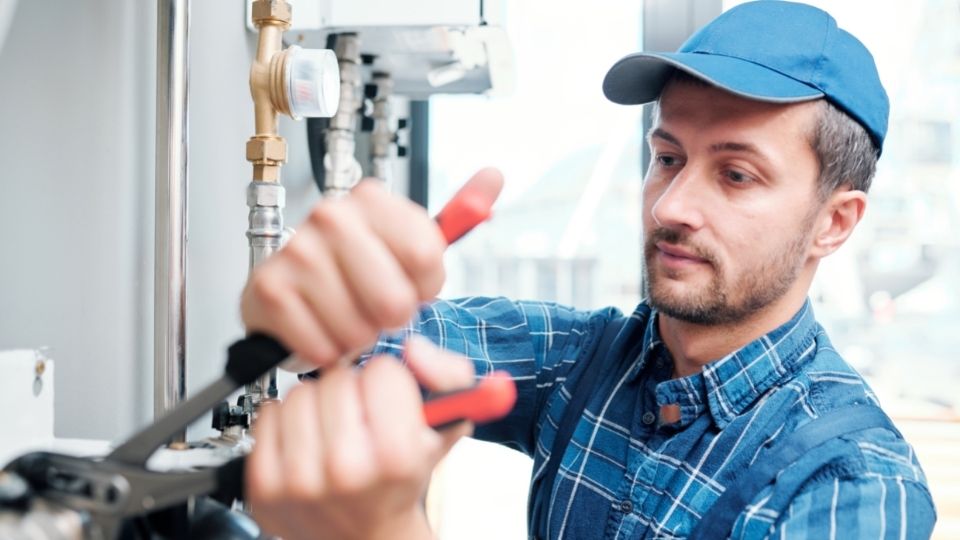
Comply with Building Codes
Renters have a right to live in a habitable space where their safety and health are prioritized. As such, landlords are responsible for supplying tenants with essential safety equipment such as smoke and carbon monoxide detectors. Plumbing and electrical systems must also meet safety standards. Moreover, the property’s structural integrity must remain uncompromised.
Proper Maintenance of Common Areas
Given the designated common areas in a rental property, it’s the job of the landlords to keep it clean and well-lit. Safety must also be taken into account so ensure that stair railings are checked for stability and flooring is examined to avoid incidents of falling or tripping.
Tend to Property Repairs
As the tenants stay longer in a property, things are bound to break from normal wear and tear or by accident. It’s the duty of the property owner to see to it that the rental home is still fit to live in. Due to a tenant’s neglect or abuse, some items in the unit may be due for repairs. The landlord can pass on the fees for the repair to the renter.
Oversee the Functionality of Vital Services
Landlords have the responsibility of checking that essential systems in the rental, including HVAC, plumbing, and electrical, are all working properly. Tenants must also handle their responsibility of paying for vital services on time if it’s assigned to them. For example, they should make sure that the utility bills are paid off so service interruption is avoided.
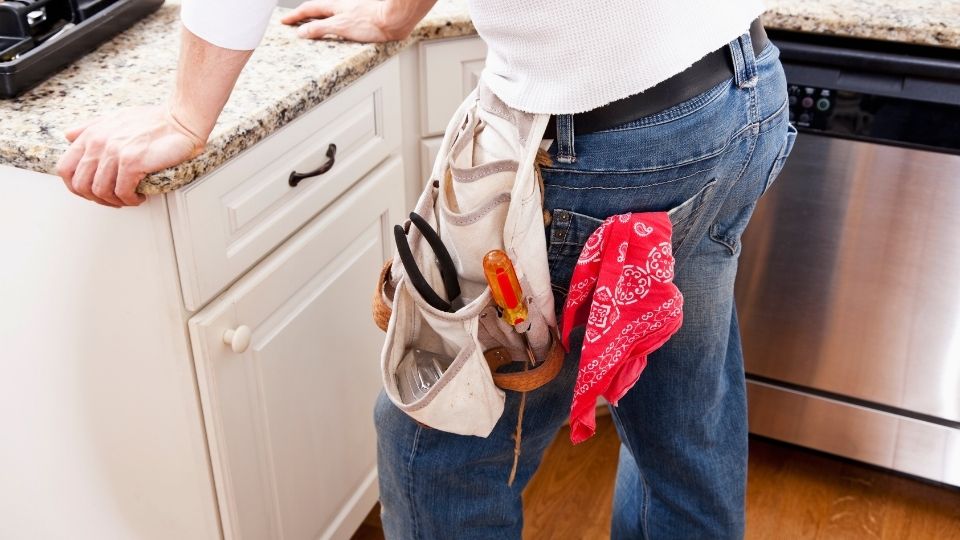
Property Maintenance Obligations of a Tenant
Although landlords have the bigger bulk of responsibility when keeping up with a property’s maintenance, renters are not exempted from doing their duties as well. Legally, they’re bound to perform maintenance tasks. Though specifics may differ state-to-state, in general, tenants are expected to perform the following duties:
Eliminate Sanitary Hazards
Since the renters are staying on the property, it’s reasonable for them to properly dispose of their trash. When the garbage begins to pile up, this can lead to unhealthy conditions and may cause health issues or pest infestations.
Be Mindful of Safety Hazards
As a safety rule, any obstacles to the emergency exits should be removed. Barriers can often make it difficult to reach the outside premises quickly and safely. Tenants are also discouraged from dismantling the different parts of the smoke or carbon monoxide detectors including removing batteries. This can have an effect on its functionality and may render them useless in times of crisis.
Comply with the Building and Housing Codes
Each structure is built to support a specific number of occupants so occupancy limits must be followed. Unfortunately, some tenants can under-report the number of people staying inside a rental home. This can be a safety concern. Furthermore, the more people occupying a property, the greater the wear and tear and the higher utility bills are. This can be costly to property owners if they’ve agreed to pay for it.
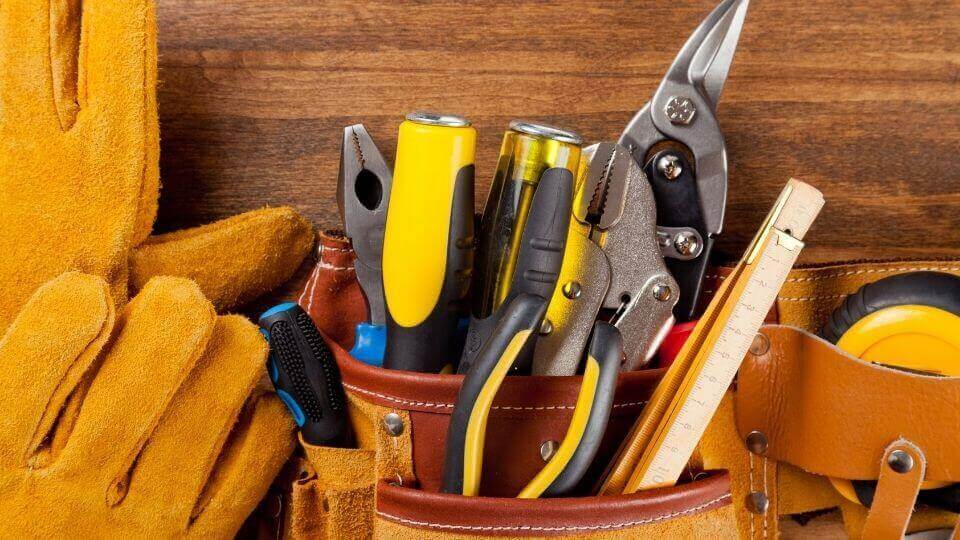
Curb Mold Growth
Mold can be controlled and avoided by the renters when they pay attention to moisture and prevent its accumulation. Some of the ways to prevent mold are to switch the fan on in places where moisture is expected to gather such as basements, bathrooms, and the laundry area. Opening windows can help to disperse the moisture, too. If mold has started to invade the space then it’s the tenant’s duty to file a maintenance request.
Avoid Disturbing Potential Lead Paint Hazards
Older rental units constructed prior to 1978 can be at risk for potential lead paint issues. If a renter plans to update the space through repainting or drilling a hole to install decor, informing the landlord is required.
Show Respect to the Property
Caring for the rental home is part of the responsibility of a renter. Cleanliness must be heeded and abuse and neglect avoided. This covers:
- Plumbing Fixtures – Careful scrubbing must be done to prevent dirt and rust. Proper use must also be regarded.
- Landlord Issued Appliances – Appliance items provided by the property owner must be kept in great condition. Dust, dirt, and grease must be removed to prevent damage. Proper use of the appliances must also be observed.
Bottom Line
Maintaining a rental home isn’t one-sided as both the landlords and tenants have responsibilities to uphold. Both must carry out their duties well to keep the property in excellent form. If you need help managing your rentals contact the experts at Boston Green Property Management today!


